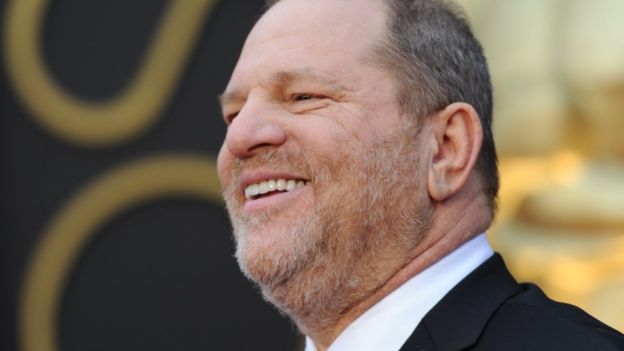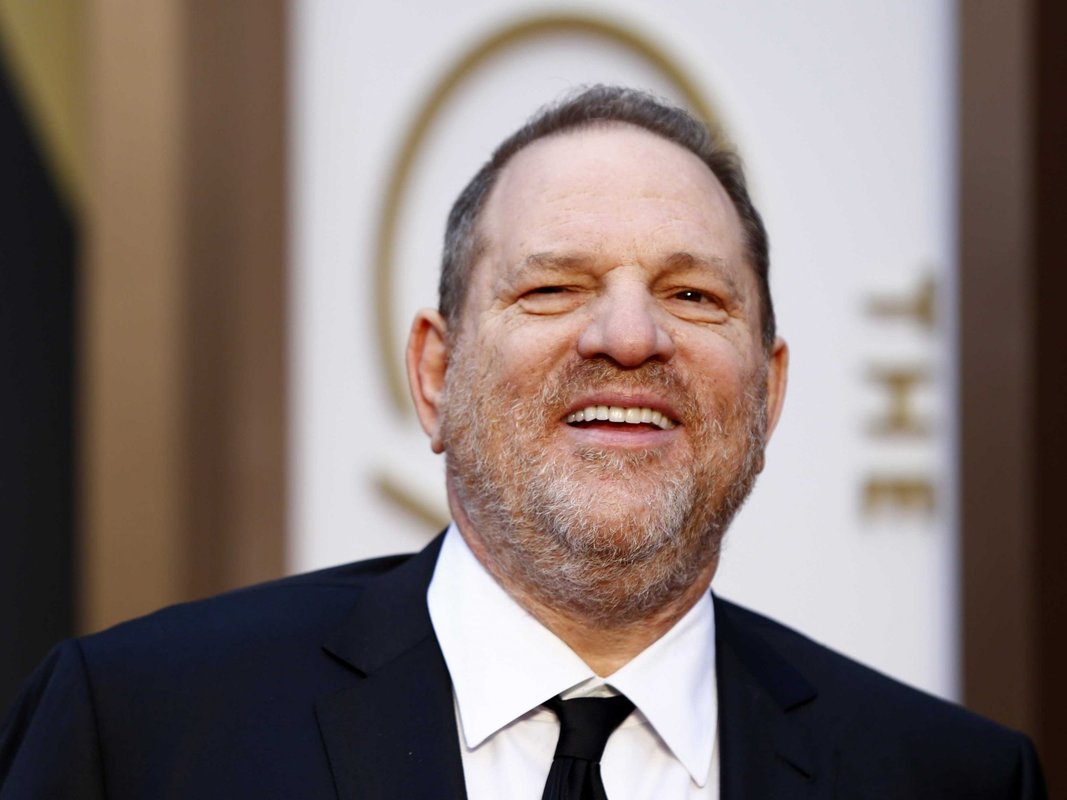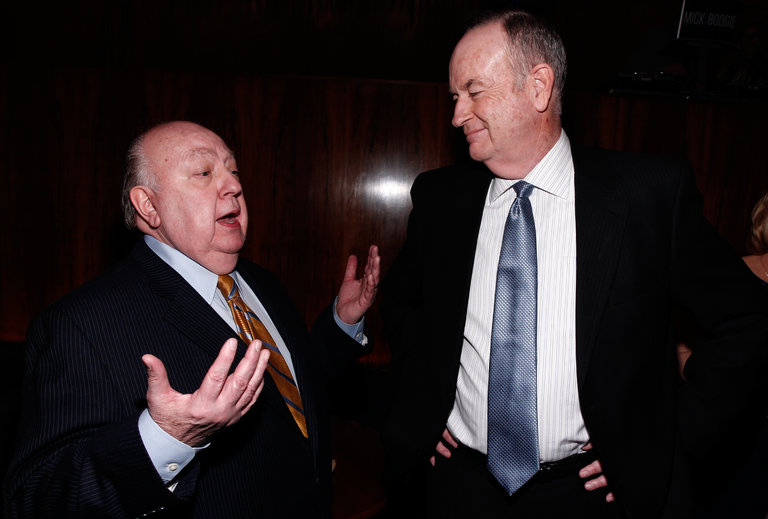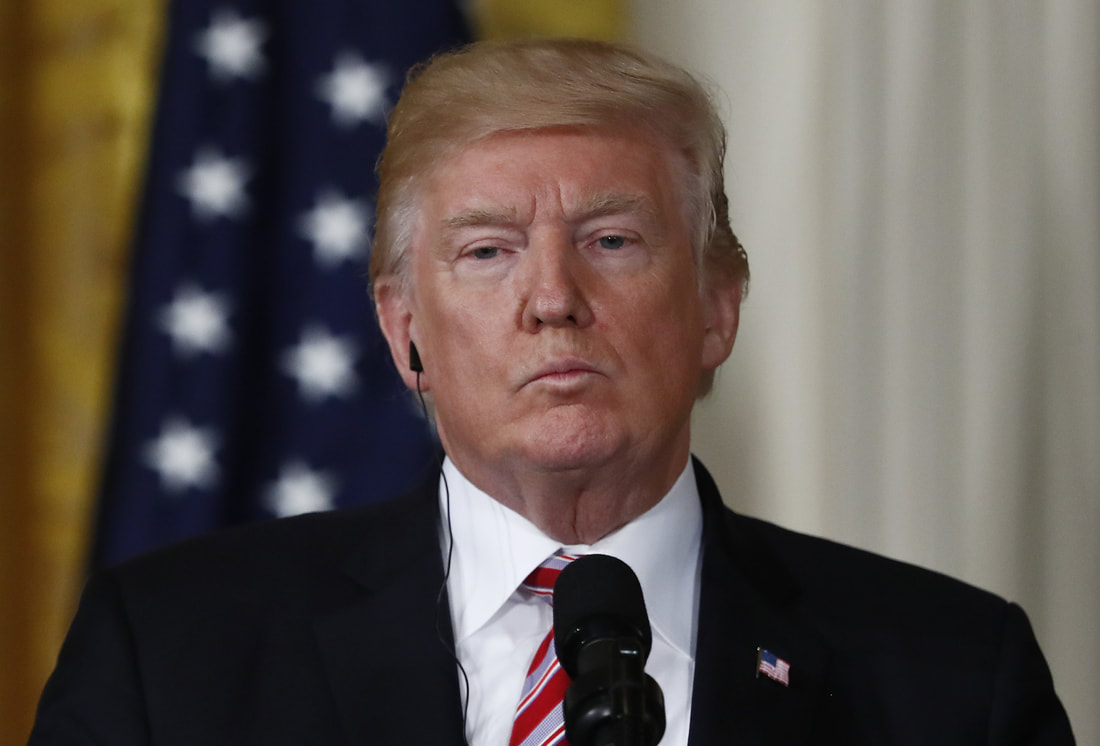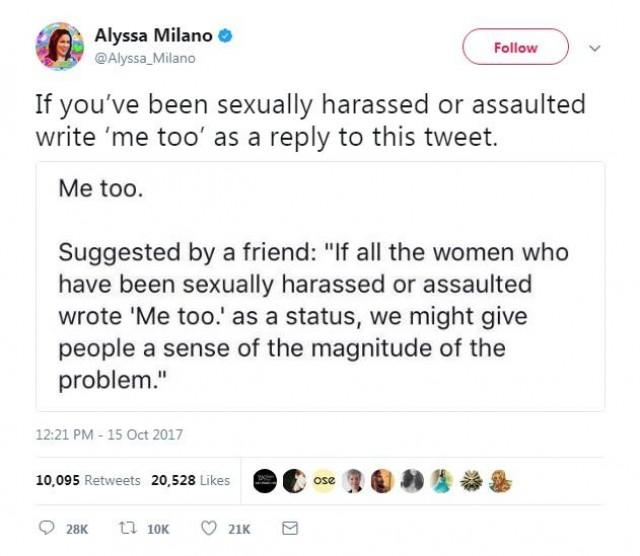"Weinstein’s scandal is just the latest in a string of sexual misconduct accusations in the entertainment industry. "
- Sunari Weaver-Anderson
For the last month, media outlets everywhere have been covering the scandal surrounding Harvey Weinstein, co-founder of the two Hollywood behemoths: Miramax and The Weinstein Company. It all started with an investigative story that The New York Times journalists, Jodi Kantor and Megan Twohey, broke on October 5th, shedding light on a string of sexual assaults spanning decades of Weinstein’s career.
Since the original story, dozens of articles have been published, capturing this scandal from various angles. The Times article begins with an account from Ashley Judd, detailing a business meeting that had gone awry. It then goes on to detail the experiences of several more women; each account similar to the last. The meetup would begin as a business venture, then Weinstein would go on to make inapproriate suggestions and gestures to the women he would meet with. Since the publishing of this article, over 20 women and counting have come out with allegations against him. In an interview with Slate, Jodi Kantor refers to the Weinstein case as “an open secret.” “It was very odd,” says Kantor, “because on the one hand it was kind of an open secret, but on the other hand, almost nothing had been documented.”
Since the original story, dozens of articles have been published, capturing this scandal from various angles. The Times article begins with an account from Ashley Judd, detailing a business meeting that had gone awry. It then goes on to detail the experiences of several more women; each account similar to the last. The meetup would begin as a business venture, then Weinstein would go on to make inapproriate suggestions and gestures to the women he would meet with. Since the publishing of this article, over 20 women and counting have come out with allegations against him. In an interview with Slate, Jodi Kantor refers to the Weinstein case as “an open secret.” “It was very odd,” says Kantor, “because on the one hand it was kind of an open secret, but on the other hand, almost nothing had been documented.”
Weinstein’s scandal is just the latest in a string of sexual misconduct accusations in the entertainment industry. From the Fox News’ host Bill O'Reilly and chairman Roger Ailes, to the esteemed comedian of this past generation, Bill Cosby and the “leader of the free world” himself, Donald Trump. The story is the same for each: a rich and powerful man—with assumed sexual entitlement—uses his position to leverage sex from women who are beginning their careers in the industry.
O'Reilly had spent years at Fox and $13 million in settlements—paid by both him and the news company—before he was terminated as a prominent host of Fox News this past spring, leaving behind a trail of allegations. In recent interviews, O’Reilly has claimed his firing was a “hit job” by the left-wing media. He said in a radio interview with Glenn Beck that “it really has to do with destroying voices that the far-left doesn’t like,” as opposed to it being a direct result of his sexual misconduct.
The late chairman and CEO of the network, Roger Ailes, passed this May, 11 months after he had resigned facing over 20 sexual harassment claims at the end of his career. In July of 2016, he was sued by news anchor, Gretchen Carlson, and departed the network with a $40 million payout, double the amount of his alleged victim. Still, when the Emmy Awards rolled around, he was memorialized alongside Gwen Ifill, Mary Tyler Moore, Debbie Reynolds, and Carrie Fisher.
O'Reilly had spent years at Fox and $13 million in settlements—paid by both him and the news company—before he was terminated as a prominent host of Fox News this past spring, leaving behind a trail of allegations. In recent interviews, O’Reilly has claimed his firing was a “hit job” by the left-wing media. He said in a radio interview with Glenn Beck that “it really has to do with destroying voices that the far-left doesn’t like,” as opposed to it being a direct result of his sexual misconduct.
The late chairman and CEO of the network, Roger Ailes, passed this May, 11 months after he had resigned facing over 20 sexual harassment claims at the end of his career. In July of 2016, he was sued by news anchor, Gretchen Carlson, and departed the network with a $40 million payout, double the amount of his alleged victim. Still, when the Emmy Awards rolled around, he was memorialized alongside Gwen Ifill, Mary Tyler Moore, Debbie Reynolds, and Carrie Fisher.
As for Cosby, nearly 60 women have come out with accusations spanning over the 50 years of his career, each account detailing some form of drugging and assault. However, the extent of his repercussions include the cancellation of his recent projects, and “The Cosby Show”—only to be reinstated to several networks by “popular demand.” Cosby has yet to see jail time. In fact, only one of these cases went to court this past July, ending with a deadlocked jury—no verdict was made—and was deemed a mistrial. Cosby is scheduled to be retried in April of next year.
When it comes to Trump, the story remains the same. Last October, the Washington Post brought light to the infamous Access Hollywood tape in which Trump shamelessly brags to Billy Bush saying “When you’re a star, they let you do it. Grab ‘em by the pussy, you can do anything.” He went on to dismiss the entire conversation as “locker-room banter.” Over the duration of his campaign, at least 17 women had come forward with claims of sexual harassment, assault and misconduct. Despite the comments and allegations, Trump has yet to face any real repercussions as his current presidency evidently demonstrates.
When it comes to Trump, the story remains the same. Last October, the Washington Post brought light to the infamous Access Hollywood tape in which Trump shamelessly brags to Billy Bush saying “When you’re a star, they let you do it. Grab ‘em by the pussy, you can do anything.” He went on to dismiss the entire conversation as “locker-room banter.” Over the duration of his campaign, at least 17 women had come forward with claims of sexual harassment, assault and misconduct. Despite the comments and allegations, Trump has yet to face any real repercussions as his current presidency evidently demonstrates.
Since the breaking of the Weinstein story—after resigning as a board member— Weinstein was fired from his own company, expelled from the Academy of Motion Picture Arts and Sciences, banned from the Producers Guild of America and has been publically disbarred by countless A-list actors. Within this past month, over 20 men have been held accountable for sexual harassment accusations. The surfacing of Weinsteins allegations have created a ripple effect of exposing sexual misconduct resulting in what the media has coined as “the Weinstein effect.” There’s a growing list of men in the entertainment industry who have been publically accused, including R. Kelly, Kevin Spacey, Ben Affleck, Dustin Hoffman and most recently, Louis C.K.
With accounts of harassment in Hollywood being shared exponentially, women continue to support each other in the midst of the storm. Actresses like Lena Headey, Jennifer Lawrence, Cara Delevingne have all since shared their own encounters with Weinstein. As women continue to speak out, one word continues to emerge: “powerless.” Well established executives taking advantage of ambitious actors is such an often occurrence in Hollywood that it’s been deemed its own phenomenon: the casting couch. This term first appeared in a 1937 November issue of Variety as a response to another article in which a Tribune reporter explored what it was like to be a woman in the man’s world of show business. It’s been exactly 80 years and this phrase still very much applies. In the modern movie industry, many actors still experience the offer of roles in exchange for sexual favors, hence the relevance of the term itself.
However, this is not only an issue in industries dominated by rich and powerful men, but in everyday life. The shame that rape culture promotes for those affected makes it hard, and sometimes impossible, to speak out. It’s instances like Weinstein, O’Reilly, and other men who have a long history of sexual misconduct—followed by large checks and scare tactics—that prompt the conversation of sexual harassment. This is exactly what the #MeToo campaign aimed to do. On October 15th, Alyssa Milano sent out a tweet urging women who had these shared experiences to tweet out “#MeToo,” in hopes of publically acknowledging the relevance and problematic nature of sexual assault and harassment amongst women worldwide. In the first 24 hours, the hashtag had been shared nearly half a million times, a number that grew exponentially through the following days with the help of actors like Gabrielle Union, Rosario Dawson, Debra Messing, and Evan Rachel Wood. For Milano, this was an attempt to give people a better sense of “the magnitude of the problem,” and to show those outraged that the conversation of sexual assault cannot begin, or end, with Harvey Weinstein.
The real issue here is that it’s 2017, and sexual assault has been normalized. Outside of the realm of payouts and non-disclosure agreements, fear and societal norms still allow sexual harassment to go unreported. Statistics show that across the board, only about one-third of sexual assaults are reported. A 2016 Equal Employment Opportunity Commission report addressed harassment within the work environment. An estimated 75% of harassment victims “faced some form of retaliation” when they spoke out. It’s because of statistics like these and the experiences behind them that those who are subjected are afraid to speak out.
